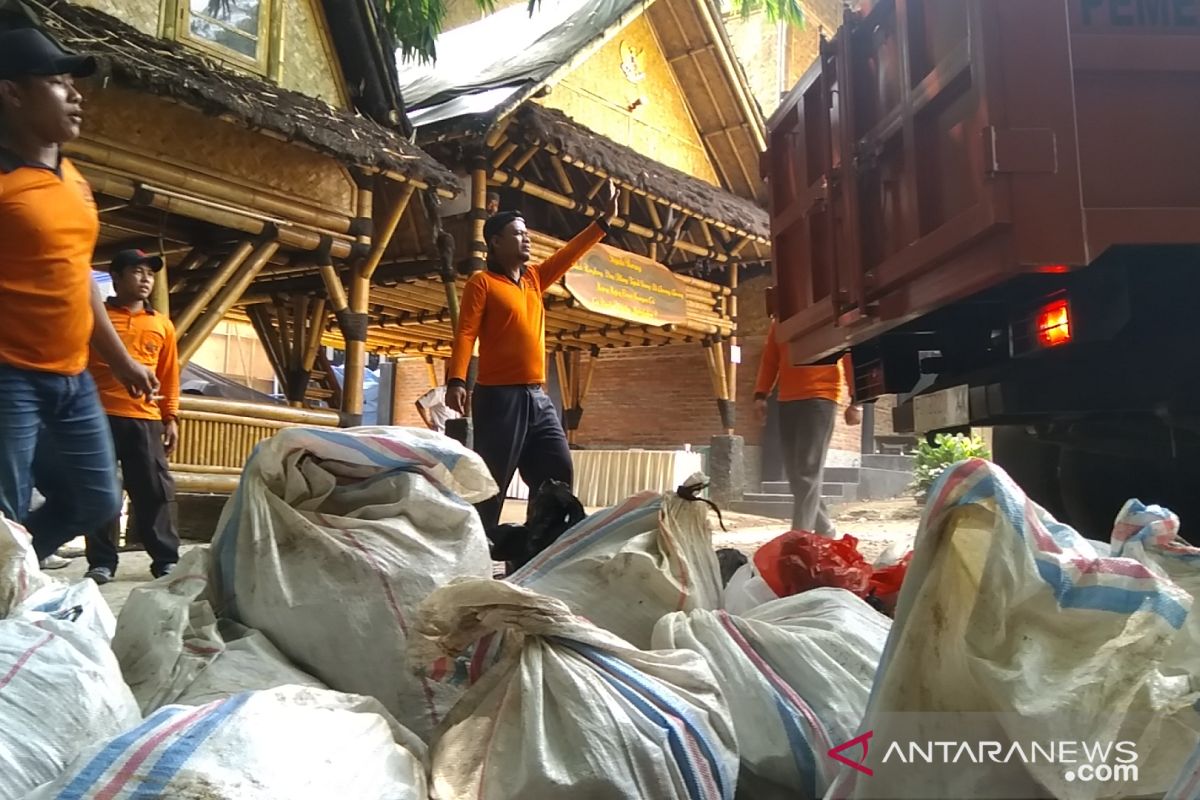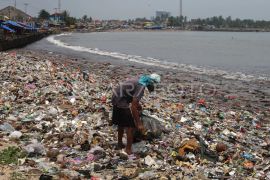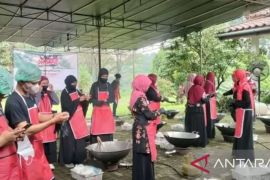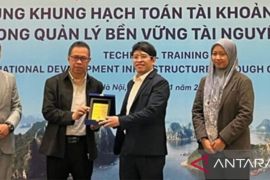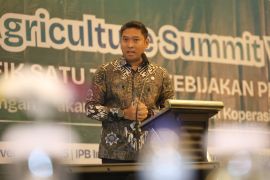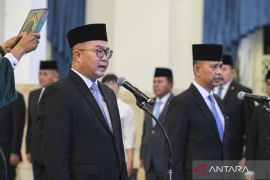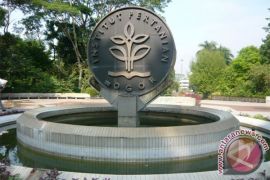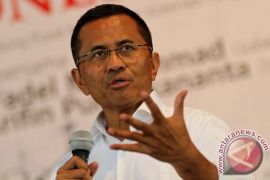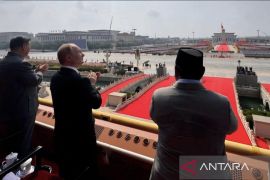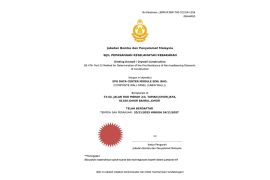"The first solution to this problem is the use of technology. This should then be followed by how to develop an effective recycling system," he noted while commenting on the ASEAN leaders' agreement on adopting the Bangkok Declaration on Combating Marine Debris in the ASEAN region on June 22.
During a telephonic interview with ANTARA, Satria, currently in London for a work visit, remarked that apposite application of recycling technologies was estimated to prevent pollution from marine debris in Indonesia's seas.
Plastic waste has turned out to be a grave menace for Indonesia as was apparent from the death of a sperm whale after ingesting nearly six kilograms of plastic waste in Wakatobi District, Southeast Sulawesi Province, in 2018, he stated.
The academician, who received his PhD from Japan's Kagoshima University, gave another suggestion to tackle this problem by altering the lifestyle of the people at large into an eco-friendly one.
An eco-friendly lifestyle can be applied through, for instance, the use of reusable shopping bags. The people are advised to carry from home their reusable shopping bags, Satria explained.
Currently, members of Agrianita, a women's organization at IPB, have created waste-management and recycling communities, with members constituting housewives, he remarked, adding that such an inspiring move and positive trend existed in several villages around Bogor City.
"We all need to continue to develop such waste-management and recycling communities in our neighborhood areas, as what they do can also help community members generate income," he stated.
The third solution essentially applied in Indonesia concerns eco-friendly policies and law enforcement similar to what several nations, including Singapore, have consistently implemented.
He pointed out that in Singapore, those found littering are liable to face punishment.
Industries should also be encouraged to reduce plastic content in packaging, he stated.
During this 34th summit, marine debris was underscored as one of the critical issues that the ASEAN leaders agreed to respond to by adopting the Bangkok Declaration on Combating Marine Debris in the ASEAN region on June 22.
Greenpeace has also launched a petition titled "No Space for Waste" by urging ASEAN leaders to "end plastic waste crisis."
Translator: Laily R, Rahmad Nasution
Editor: Bambang Purwanto
Copyright © ANTARA 2019
